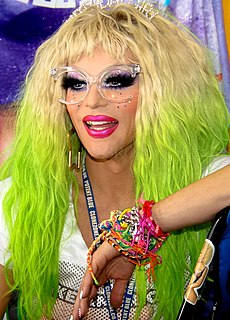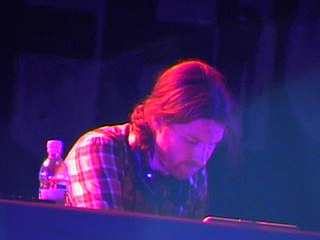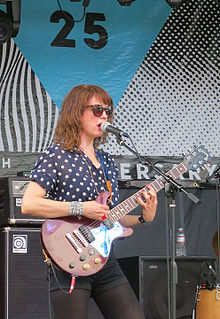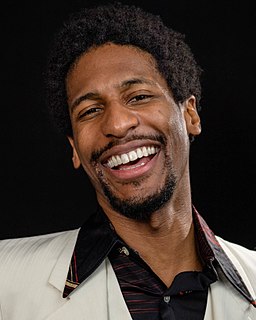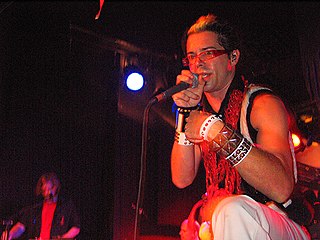A Quote by Willam Belli
It's hard to separate art from artists so transgender musicians will never be mainstream until transpeople are looked at as notable as maybe redheads.
Related Quotes
I personally have never trusted museums. ... It is because museums, broadly speaking, live off of the art and artifacts of others, often art and artifacts that have been obtained by dubious means. But they also manipulate whatever it is they present to the public; hence, until Judy Chicago, in the 1970s ... few women artists were hung in any major museum. Indian artists? Artifacts only, please. Black artists? Something musical, maybe? And so forth.
There is a good deal of art that in some traditions of conceptual work are anti-affect, in fact a very large chunk of mainstream art after 1950 took against affect art altogether because they said, "No, we hate affect art because this is how we get manipulated by totalitarianism and therefore artists shouldn't play that game." And a lot of artists agreed to play that game, which I personally believe is to the loss of art.
To be honest, I've never looked really hard for musicians. I'll just randomly meet people. I've never interviewed bandmates or anything like that. The reason I like playing with Chad and Devin is that they're just really, really good musicians and good players. There's not a lot of sloppiness going on.
I was on television a couple of years ago and the reporter asked me, "How does it feel being on mainstream media? It's not often poets get on mainstream media." I said, "Well I think you're the dominant media, the dominant culture, but you're not the mainstream media. The mainstream media is still the high culture of intellectuals: writers, readers, editors, librarians, professors, artists, art critics, poets, novelists, and people who think. They are the mainstream culture, even though you may be the dominant culture."
Musicians and artists are not... it's not like politicians or something where you can't really affect them. There's not like this separate caste system where it's like, "I'm the musician, you're the audience. Never the two shall meet." It was a case where it was like, "Hey, you know what? I'm on your level, man."
For instance, members of the elite will never allow their children to become musicians normally, because it's - not embarrassing - but it's not done. There's a very famous composer from the '70s from a well-known family that disowned him, and he's a man, so there's this historical precedence with their relationships with musicians - not so much music as it's this abstract thing - but externally with artists.
I agree with Ru that it'll never be mainstream, because mainstream means everybody knows it, everybody loves it, everybody accepts it. That's never gonna happen with drag, but it's definitely become more mainstreamed for people that never knew anything about it, being opened up to it as a form of art.
I always want to be doing both to travel as a teacher and lecturer, and to be a musician. I think in this generation institutionalizing the art form and spreading it to the younger generation through education is really important for all artists to have some hand in. Right now in popular culture and the mainstream, it's not a big part at all. I think education by young artists talking to young people, not just older people talking to young people, it gives an experience never felt before. I think over the years it will do a lot for the music.
